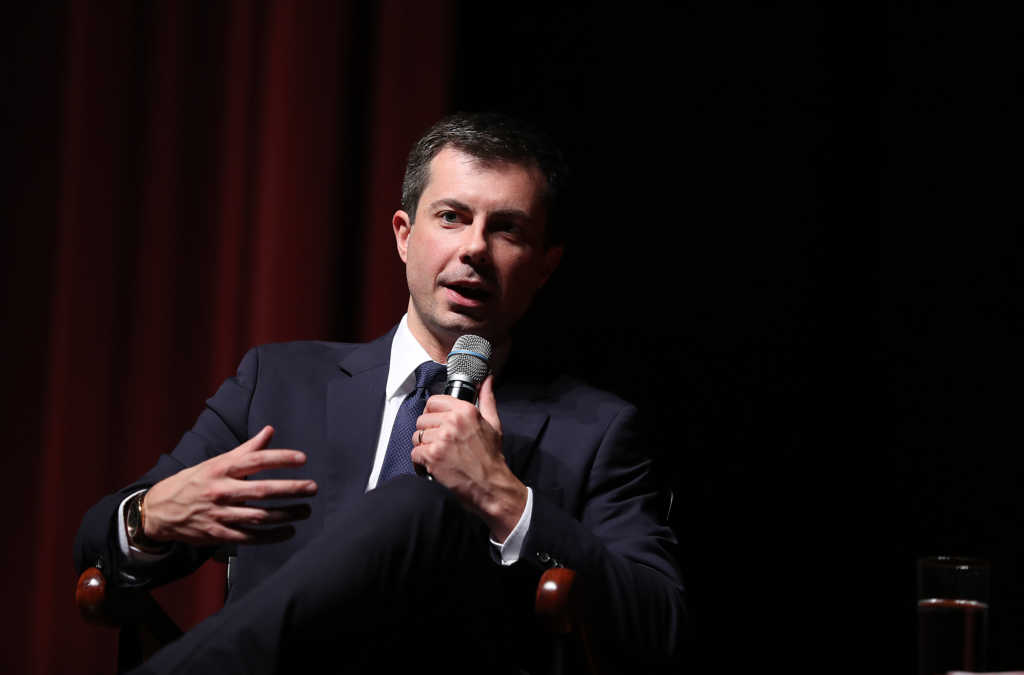Democratic Presidential hopeful Pete Buttigieg has once again spoken openly about his Christian faith, this time addressing issues of Biblical literalism and even offering his take on how the Bible informs views on abortion.
Talking to Rolling Stone, Buttigieg said that despite growing up at a Catholic school, he was drawn to the Episcopal church because it is “liturgically conservative and theologically a little more open” — a spot where Buttigieg said himself feels right at home.
Buttigieg went on to talk about why he deems it important to interpret the scriptures with the proper historical context applied.
“I think for a lot of us — certainly for me — any encounter with Scripture includes some process of sorting out what connects you with the God versus what simply tells you about the morals of the times when it was written, right?” he said. “For example, the proposition that you should execute your sister by stoning if she commits adultery. I don’t believe that that was right once upon a time, and then the New Testament came and it was gone. I believe it was always wrong, but it was considered right once, and that found its way into Scripture.”
The Mayor of South Bend when on to insist that his approach was “not so much cherry-picking as just being serious. “
“There’s simply no way that a literal understanding of Scripture can fit into the Bible that I find in my hands,” he added, because “Jesus speaks so often in hyperbole and parable, in mysterious code.”
Though Buttigieg has spoken broadly about how faith and politics can intersect, he has not answered many specific questions on crucial issues like abortion. In the Rolling Stone interview, however, he offered up his own take without any prompting whatsoever.
“I actually think that if you look at an issue like choice, there’s so many parts of the Bible that associate the beginning of life with breath that there’s plenty of scriptural basis to reach different conclusions about that,” Buttigieg said.
“But only if you believe that the government must legislate these metaphysical questions does the debate about choice have to be about the government deciding where life begins.”
The Democrat, who has been surging forward in the polls this past week, added that “no matter what you think on where life begins, the question is who gets to decide how to handle this situation,” before reiterating his support for the precedents set by Roe vs. Wade.
“There’s a strong American majority for choice,” he said, “even while there’s very different opinions about deep questions around life.”
Buttigieg insisted that while he still maintains a distinctly liberal view of scripture, he believes Christians should constantly be seeking to find common ground with those they may disagree with theologically.
“I think we’ll find salvation in Scripture itself, and in the idea of human compassion too,” he said. “Because even if you have a different view of Scripture than I do, we have the same, I think, understanding of what compassion is.”
This idea of maintaining a compassionate approach to life should mess with people’s political affiliations, too, he argued.
“If you find that what you’re being told politically cuts against the idea of compassion, sooner or later that’s going to lead to a reckoning,” Buttigieg explained, noting that such a realization “might invite people to reconsider their political commitments.”



